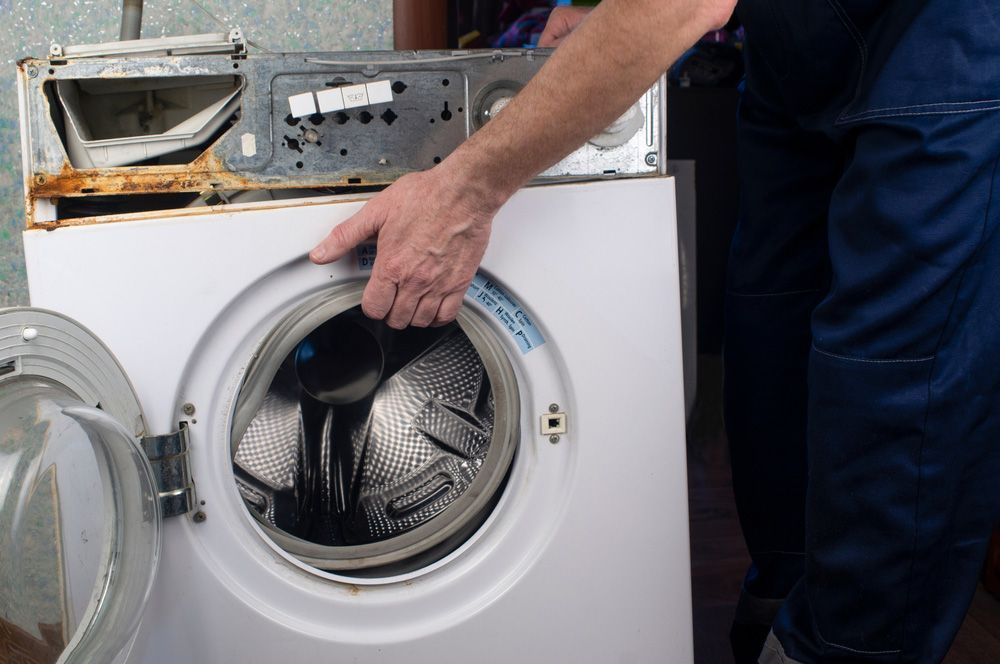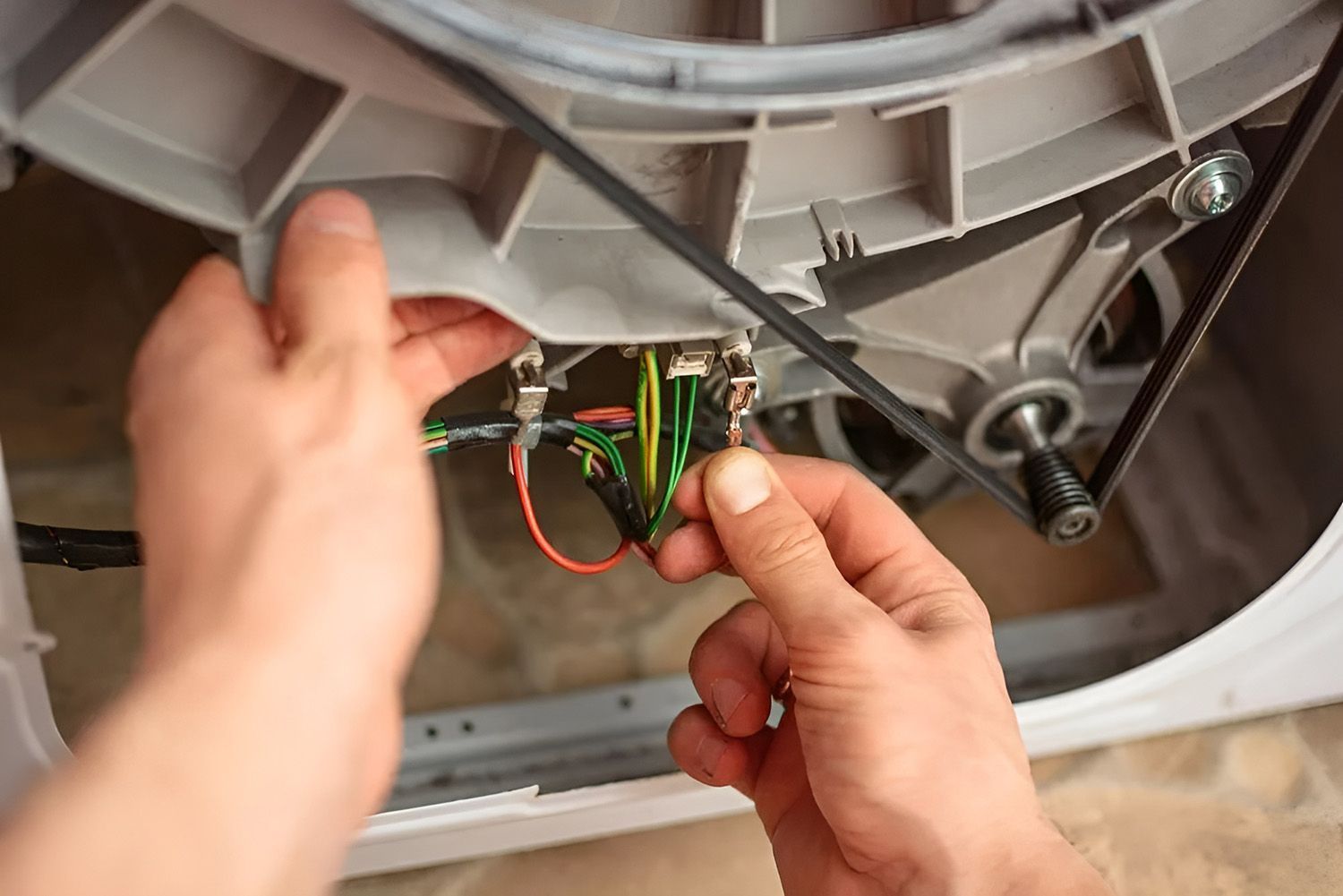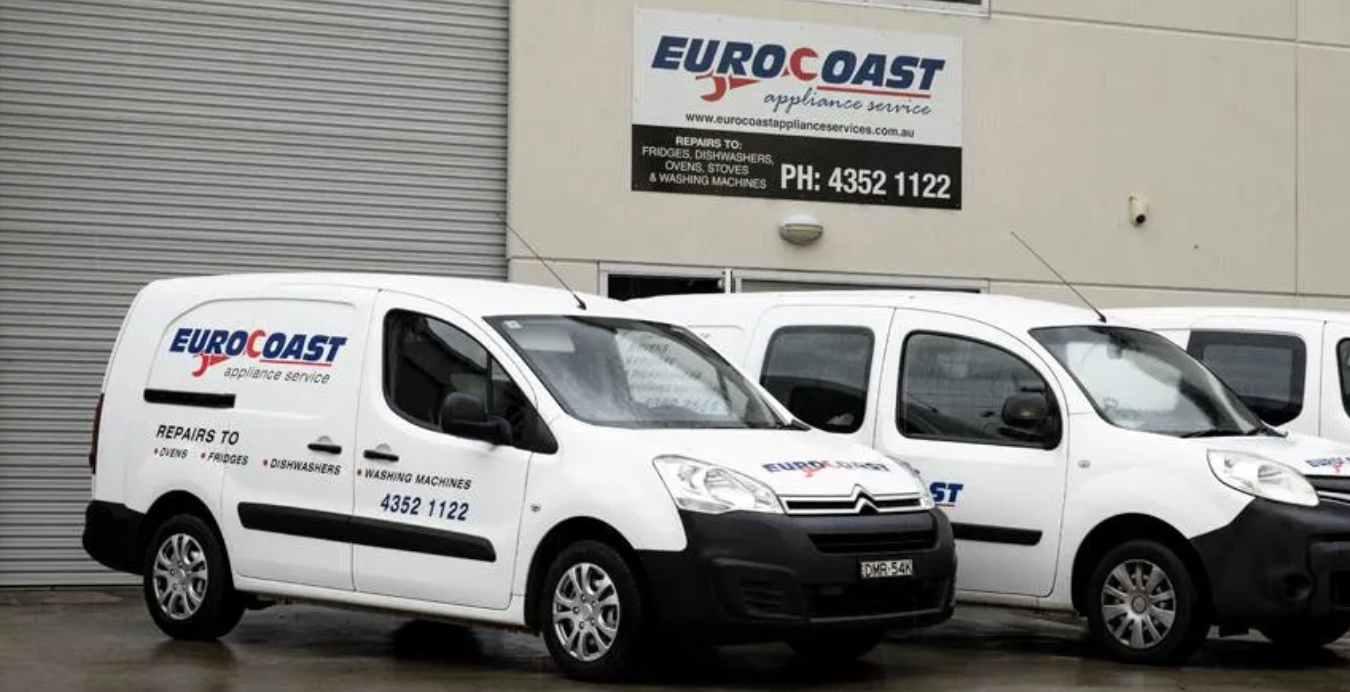Common Washing Machine Issues Faced By Central Coast Households
Table of Contents
- Why Washing Machine Problems Are So Common in Central Coast Homes
- The Most Reported Washing Machine Issues (& What They Mean)
- Leaks & Water Damage: A Silent Household Threat
- Why Your Washer Won’t Drain or Spin Properly
- Loud or Banging Noises During Cycles? Here’s What’s Happening
- Electrical or Digital Faults: When the Control Panel Acts Up
- Prevention Tips: How to Reduce the Need for Frequent Repairs
- Acting Early: Why Timely Repairs Save Money & Stress
- Book Fast, Local Repairs from the Central Coast Experts
Washing machines are essential to daily life—until they malfunction. Whether you're a homeowner or a renter, dealing with an unreliable washer can be stressful, inconvenient and potentially expensive if issues go unchecked. Across the Central Coast, local households face a range of appliance challenges due to a mix of factors, including coastal humidity, mineral-rich water, and frequent usage.
Understanding the early signs of malfunction and when to seek
washing machine repairs on the Central Coast can save you time, money and hassle. This guide covers the most common issues, explains why they occur, outlines how to prevent them, and highlights why prompt action makes all the difference.
Why Washing Machine Problems Are So Common in Central Coast Homes
The Central Coast’s environment presents some unique challenges for washing machines. With high humidity, salt in the air, and hard water in certain suburbs, appliances tend to wear out faster or develop faults sooner than expected.
There are a few environmental and usage-related reasons these problems occur frequently:
- Salt-laden air in coastal areas can cause corrosion on metal components, especially older washers.
- Hard water with high mineral content may lead to scale buildup in valves, hoses and internal parts.
- Households with larger families or shared rentals often place more frequent demand on appliances, accelerating wear and tear.
- Poor ventilation in laundry areas can contribute to moisture buildup, increasing the chance of mould or mildew inside the machine.
The Most Reported Washing Machine Issues (& What They Mean)
Certain problems persist in local homes over time. While some may seem minor at first, they can quickly turn into more serious mechanical failures if left unresolved.
The most common washing machine problems include:
- Water leaks around the base or back of the machine, which can signal loose hoses or deteriorated seals.
- Washers that won’t spin, often due to load imbalances, worn-out belts or faulty drive motors.
- Loud banging or grinding noises suggest internal component issues like damaged bearings or suspension rods.
- Machines that won’t drain properly are often caused by a blocked pump filter or clogged outlet hose.
- Faulty electronic controls, such as unresponsive buttons or flashing error codes, interrupt the wash cycle.
Leaks & Water Damage: A Silent Household Threat
A small leak might not seem urgent—but left unchecked, it can lead to mould growth, warped cabinetry or water-damaged flooring. These are expensive and inconvenient problems that can easily be avoided with early detection.
Here are the leading causes behind washing machine leaks:
- Loose or cracked inlet hoses that slowly drip water behind or under the machine.
- A deteriorated door seal, especially in front loaders, may leak intermittently during cycles.
- A clogged detergent drawer or overflow caused by excessive suds from the wrong detergent type.
- Internal hose blockages or cracked drain pumps that allow small but constant water leakage.
Why Your Washer Won’t Drain or Spin Properly
A machine that doesn’t spin or drain properly can leave clothes sopping wet, wasting significant amounts of water and detergent. These issues are typically associated with a limited number of mechanical or user-related problems.
If your washer isn’t draining or spinning, the likely reasons are:
- A blocked drain pump or outlet hose is restricting water from leaving the drum after a cycle.
- A faulty lid switch or door lock mechanism prevents the spin cycle from initiating for safety.
- Unbalanced loads that cause the washer to stop spinning to avoid damage to internal parts.
- Worn drive belts that no longer turn the drum at the necessary speed to spin-dry clothes.
Loud or Banging Noises During Cycles? Here’s What’s Happening
It’s not normal for your washing machine to shake violently or make loud noises during operation. These symptoms often indicate internal damage or component wear, and ignoring them can lead to even costlier repairs.
Typical causes of excessive noise during wash cycles include:
- Loose or worn-out drum bearings that cause grinding or screeching noises during spinning.
- A damaged shock absorber or suspension rod, leading to drum instability and banging against the casing.
- Foreign objects (coins, bra wires, buttons) are stuck between the inner and outer drum.
- Imbalanced loads in top loaders or uneven flooring under the machine.
Electrical or Digital Faults: When the Control Panel Acts Up
Modern washing machines rely on digital control systems to manage everything from temperature to spin speed. When these components fail, it can result in cryptic error messages, incomplete cycles, or total power failure.
Common control-related problems include:
- Power surges damage the main control board, especially during storm season.
- Moisture or corrosion inside the panel from prolonged exposure to damp laundry environments.
- Loose wiring or worn-out sensors are causing the machine to misread water levels or spin speeds.
- Frozen cycles or glitchy displays that prevent the program from running correctly.
Prevention Tips: How to Reduce the Need for Frequent Repairs
While not all appliance issues can be avoided, regular care and smart usage can help extend the life of your washing machine and reduce the need for frequent repairs.
Here are a few preventive steps you can take:
- Clean the filter and pump regularly to prevent debris buildup that can block drainage.
- Run a maintenance cycle with hot water and white vinegar once a month to remove internal residue.
- Avoid overloading your machine, as this strains the motor, belts and suspension system.
- Use the correct detergent for your washer (especially for high-efficiency models) to prevent excess suds.
- Ensure your washer is level and positioned on a stable surface to avoid unnecessary shaking or wear.
Acting Early: Why Timely Repairs Save Money & Stress
Ignoring a strange sound or delaying a service call might seem harmless—but small problems often snowball into major failures. Acting early allows repair technicians to fix the fault before it affects more components, and before secondary damage, such as flooding or electrical faults, occurs.
Here’s why prompt action is always the better choice:
- Repair costs are generally lower when caught early and involve fewer parts.
- You avoid unexpected breakdowns mid-week when you’re relying on a working machine.
- Preventive repairs help extend the lifespan of your appliance, reducing long-term replacement costs.
- Timely washing machine repairs on the Central Coast reduce water waste and energy consumption, especially when drainage or spin cycles are affected.
Book Fast, Local Repairs from the Central Coast Experts
At
Eurocoast Appliance Repairs, we specialise in washing machine repairs on the Central Coast, offering fast diagnostics and professional fixes for all makes and models. Whether you're dealing with leaks, drainage issues or digital faults, our qualified technicians are ready to restore your appliance to peak performance.
Contact us today.








